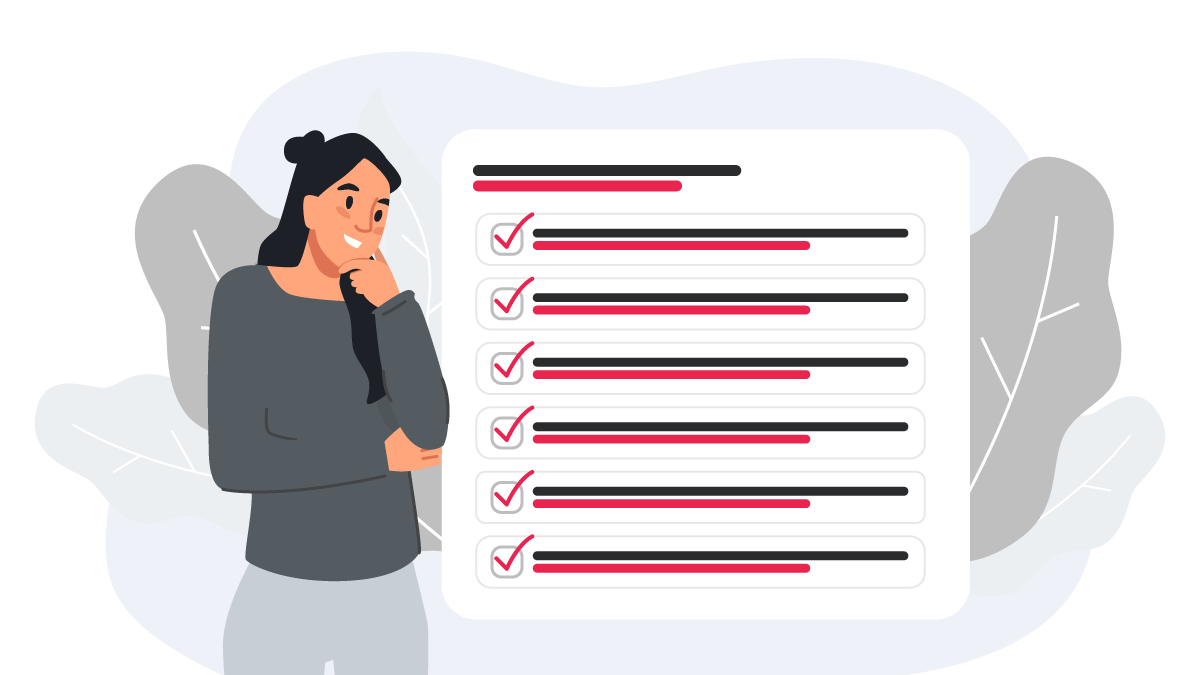6 Tips for Increasing Productivity When You Work Alone

Self-employed workers, solopreneurs, and remote freelancers enjoy a large degree of control and flexibility in designing their own schedules, but there often feels like not enough hours in the day to get everything done. The lack of a rigid work schedule feels freeing to many, but it has its downsides for those who struggle to stay disciplined, especially when business slows down or the work that needs to get done feels like drudgery. Working alone can be very challenging and takes a lot of energy to stay on task. Some tips for improving self-discipline and staying productive when you work alone:
1. Write down deadlines
Having a clear understanding of when projects are due and how much time you can allot for each keeps you on track so that you do not fall behind, turn in work late, or devote too much time to the less urgent tasks. Placing a large calendar or white board somewhere prominent in your workspace keeps you reminded and focused on imminent deadlines.
2. Prioritize tasks
When many things are due at once, you may not be able to get them all done with equal quality and efficiency. Having a priority list helps you decide quickly which tasks need imminent and undivided attention, and which can wait, be delegated, or be done while multitasking with something else. Productive workers often cite “prioritizing” as one of the more difficult—but ultimately, more vital—skills to develop to stay productive.
3. Minimize distractions
Many people who work for themselves and by themselves work from home. However, working "from home” does not always mean working entirely from a personal residence. Many solopreneurs and remote workers also work from other locations, like coffee shops, libraries, coworking spaces, client offices, and other public or semi-public venues, depending on the type of work to be done. Whether your work space is a dedicated office in your home, a small space you’ve carved out in a room, or a variety of off-site locations that you travel between, distractions are a constant threat to productivity. Interruptions, noises, nagging obligations, unexpected phone calls or deliveries, and other distractions will take your focus from your work and leave you less time to complete tasks. Selecting spaces that are quiet and fairly predictable in their noise level and flow of people will allow you to work with minimal interruption and produce the most with your time.
4. Automate to cut down on wasted time
You work alone, but you don’t necessarily have to do everything yourself. Automating tools have come a long way to reduce the time spent on important—but time-draining—administrative tasks. Automating tools free up your time so that you can redirect it toward more productive aspects of your business. Such tools may include apps or software that help you budget, send invoices, follow up with clients, set appointments, pay bills, print checks, or assist with customer service. Depending on the type of work you’re in, you may want to research the best online, cloud-based tools that allow you to optimize your time and productivity.
5. Have short-term and long-term goals
If you work for yourself, you likely are a goal-oriented person and a self-starter. But not every goal can be accomplished at once. Writing down your short- and long-term goals (and displaying them somewhere you frequent or looking over them frequently) reminds you why you started your business in the first place. Having your goals laid out in front of you also helps with other productivity-increasing tasks, like prioritizing and organizing, because you can more clearly see which work tasks will best help you meet your overall objectives.
6. Organize the finances
Financial management and tax preparation are often cited as the biggest drains on time and energy for small business operators. But good financial management is the only thing that will keep you in business, no matter how popular your product, how good your service, how savvy your marketing, or how high your revenue. Ultimately, the flow of cash in and out of your business needs to be reliable, accurately recorded, and properly budgeted so that your business can stay afloat. A wide variety of financial management tools are available to help keep solo workers organized without requiring a lot of time and data entry. Online accounting, bookkeeping, and check printing tools that integrate with one another (and work with whatever necessary add-ons suit your type of business) can help enhance your productivity and simplify your tax preparation by reducing the time and energy you need to devote to routine bookkeeping tasks.